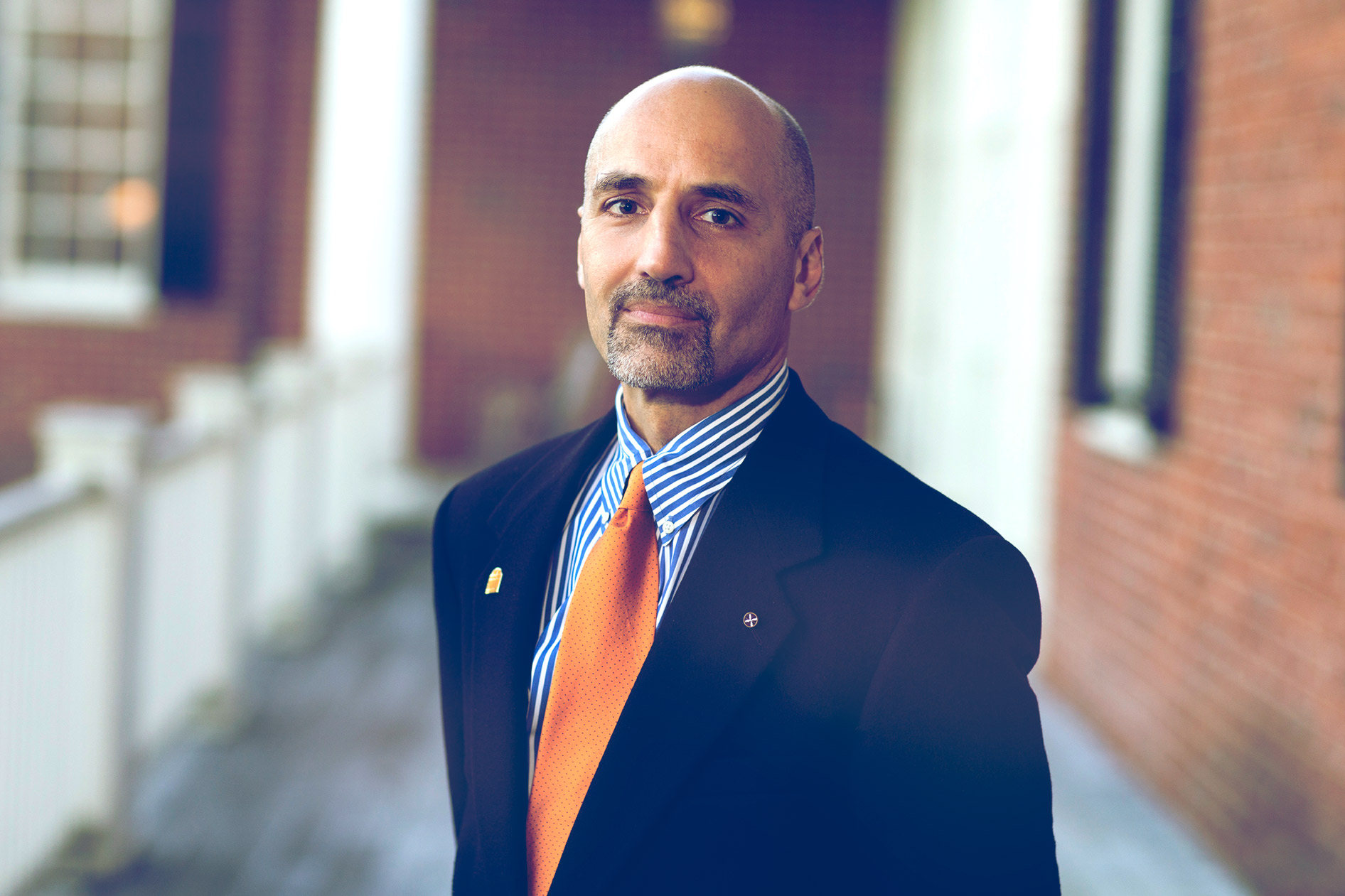Editor’s Note: In a series of articles, UVA Today has covered the “First Year Project” at the University of Virginia’s Miller Center, a collection of essays and videos created by presidential historians, expert scholars and experienced political veterans from both parties. The 10-volume project offers analysis and counsel on a wide range of issues facing the president in his first year, including crisis situations. Below, William Antholis, the center’s CEO and a former official in the Clinton White House, shares how lessons from the project can be applied to the recent resignation of national security adviser Michael Flynn.
“History tells us that the new president will likely face a major national security crisis within the first year of taking office.”
Jim Lehrer told us this over a year ago when we were launching our First Year Project. The legendary “PBS NewsHour” anchor who had covered every president since John Kennedy knows a crisis when he sees one. We were so taken with his insight that we incorporated it directly into our work. And Jim was kind enough to lend his own distinctive voice to a video demonstrating the summary of our research.
Michael Flynn’s resignation 24 days into the new administration has brought President Donald Trump his first national security crisis. Like some other crises, this is a self-inflicted wound. Other administrations also have had key positions turn over early – though never quite this early.

This crisis, however, has particularly ominous dimensions. Flynn apparently had the president’s ear and trust. He also reportedly sparred with new cabinet secretaries at State and Defense. The names now being discussed to replace Flynn are less likely to be trusted by the president. While that may help smooth relations with Cabinet officials, it also may mean that the president does not have a trusted confidante if a direct threat to U.S. interests emerges.
And given that any new administration already is at its most vulnerable in the early days, that vulnerability now appears greater.
The new national security adviser – and perhaps the president and his inner circle – would be wise to review the findings of our extraordinary team of national security historians and experts. As difficult as it may be, the new administration has an opportunity to learn from others’ mistakes and reboot its foreign policy. But it needs to act quickly.
Our essays looking back at previous presidential first years lay out the challenges and the opportunities in very straightforward terms. Each of the five presidencies we explored had a crisis. John Kennedy had the failed Bay of Pigs invasion; Ronald Reagan’s team suffered from intense infighting, leading to the departure of both the secretary of state and national security adviser after just the first year. George H.W. Bush’s cautious responses to Tiananmen Square, a failed coup in Panama and the fall of the Berlin Wall emphasized prudence and quiet diplomacy. Bill Clinton’s first year focused more on domestic issues while fumbling [the issue of] gays in the military and the botched raid in Mogadishu, Somalia. George W. Bush’s team was challenged by the surprise 9-11 attack.
From those five case studies, our own Philip Zelikow and Michele Flournoy at the Center for a New American Security then each drew up recommendations for the incoming team, emphasizing long-term priorities, financial resources, relations with Congress, and the important of quality staff-work.
Each of the essays tells a compelling and distinct story. What they all have in common is the same core advice in how to weather the first crisis:
- Articulate a clear and coherent strategy;
- Assemble a team of strategy-minded advisers who trust one another;
- Resolve differences among advisers;
- Implement an agenda to signal U.S. leadership in world affairs;
- Understand that sometimes taking no action is the wisest course.
The Trump administration has a chance to reshape their foreign policy team and approach. Now is the time to act.
Media Contact
Article Information
February 15, 2017
/content/michael-flynns-resignation-and-lessons-first-year-crises

